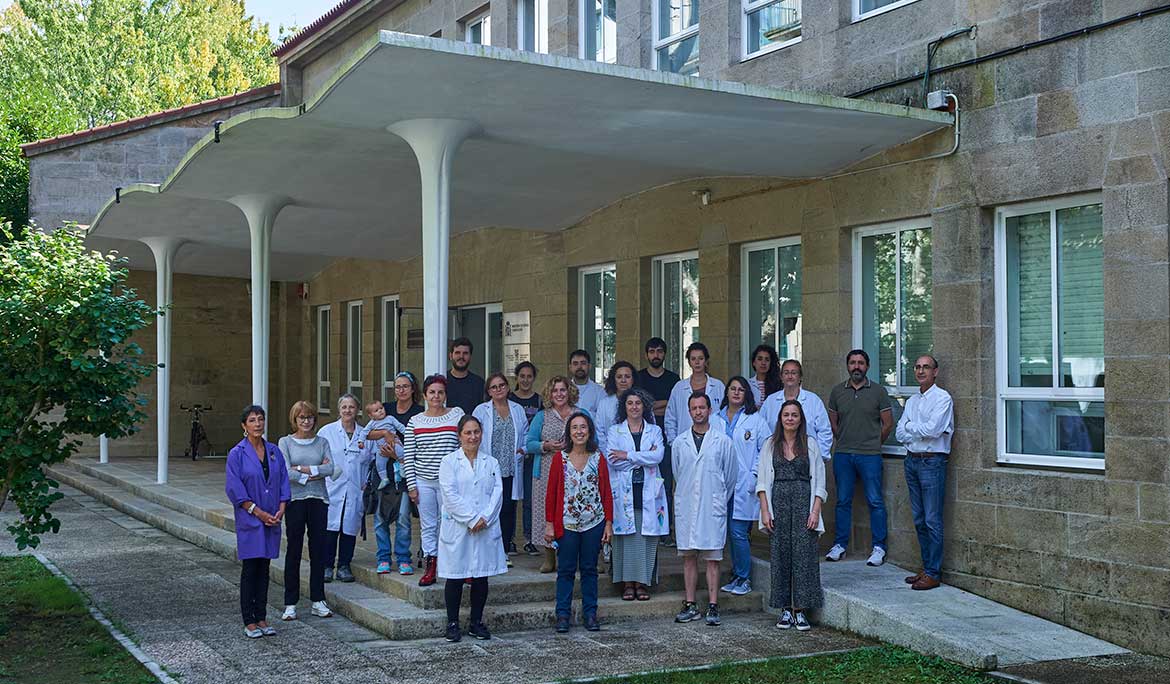Tipo de publicación:
Revistas indexadas en la Web of Science o en SCOPUS
Enlace a publicación:
https://doi.org/10.3390/plants11070965
Abstract
Current breeding programs aim to increase the number of ink-tolerant chestnut trees using vegetative propagation of selected genotypes. However, the commercial vegetative propagation of chestnut species is still a bottleneck for the forest industry, mainly due to problems in the rooting and acclimation of propagules. This study aimed to explore the potential benefits of decreasing sucrose supplementation during chestnut micropropagation. Explants were cultured with high light intensity and CO2-enriched air in temporary or continuous immersion bioreactors and with different sucrose supplementation to evaluate the impact of these treatments on growth, rooting and physiological status (monosaccharide content, soluble phenolics and antioxidant activity). The proliferation and rooting performance of shoots cultured by continuous immersion decreased sharply with sucrose concentrations lower than 1%, whereas shoots cultured by temporary immersion grew and rooted successfully with 0.5% sucrose. These results suggest this system is appropriate to culture chestnut with low sucrose concentration and to explore photoautotrophic propagation of this species.
Grupos:
GRUPO DE REFERENCIA COMPETITIVA DE CONSERVACIÓN Y MEJORA DE SISTEMAS AGROFORESTALES
